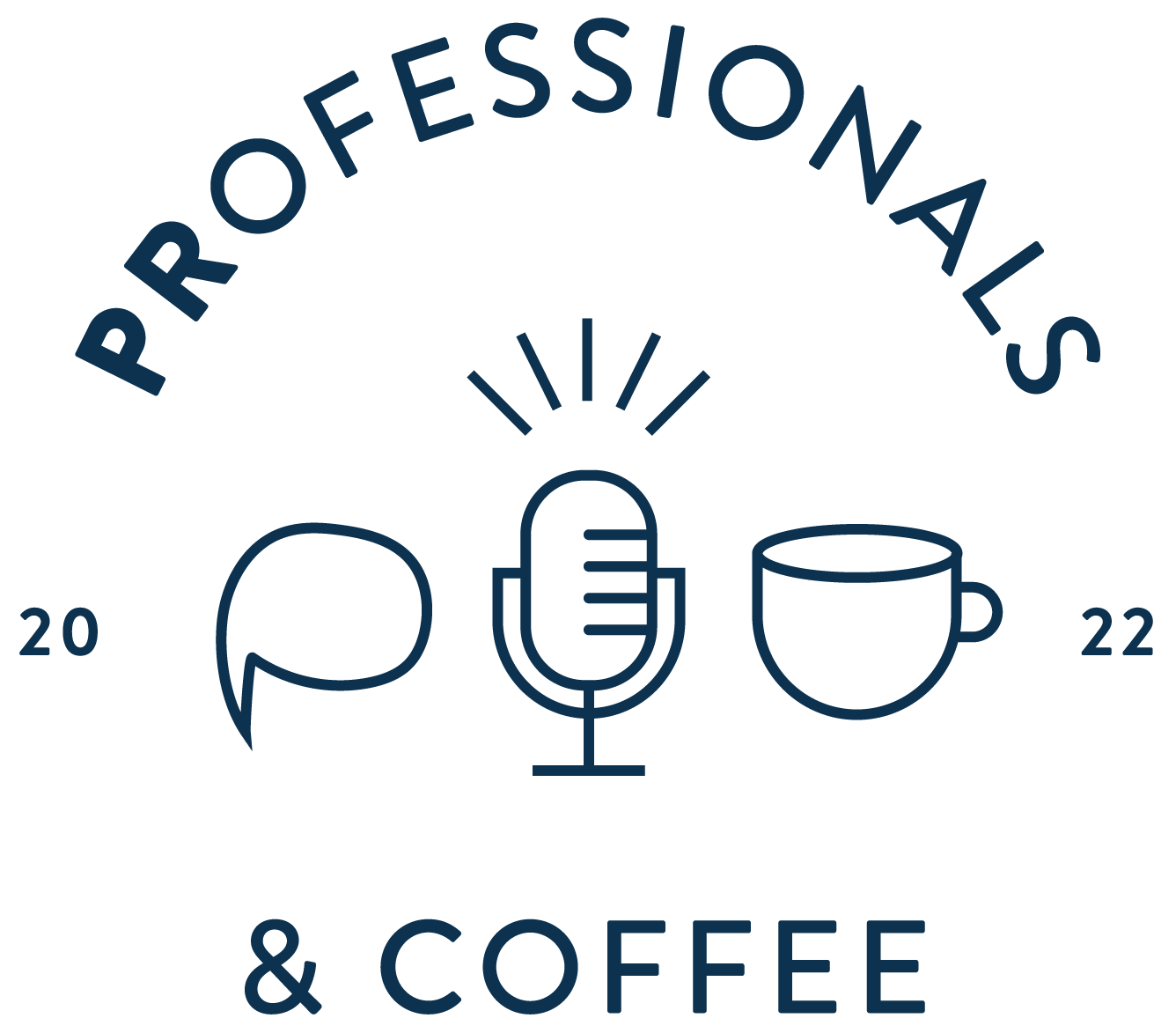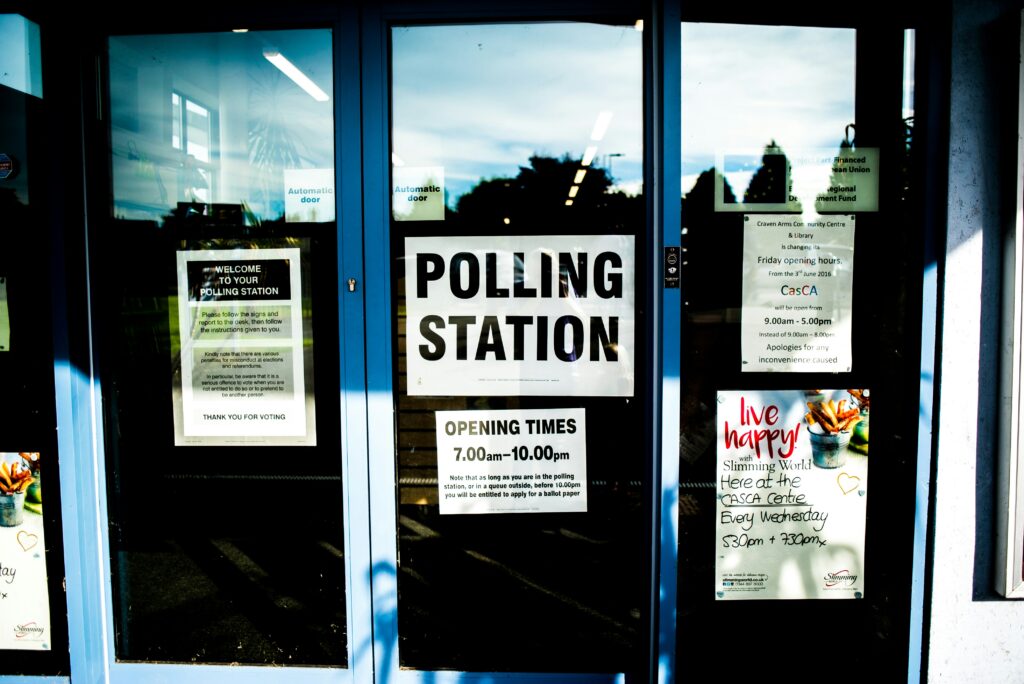Learnings from the president and founder of Delphi Polling & Consulting, Adrian Macaulay
Written by Shivika Adhwaryu, an aspiring Public Relations professional from Seneca College.
When you hear the term ‘market research’ or ‘polling,’ the first thing that usually comes to mind is statistics or bar graphs that could take anywhere between a few minutes to hours to digest. My perspective was similar before speaking with Adrian Macaulay, President, and Founder of Delphi Polling & Consulting. This article explores his journey, advice, and insights into the industry.
What is Delphi Polling & Consulting?

Adrian Macaulay helps advocacy groups, lobbyists, professional associations, labour unions, and public affairs professionals communicate effectively by analysing opinion research data from the eyes of their opposition through his company Delphi Polling & Consulting.
Additionally, his firm helps with legislative research and policy analysis, stakeholder engagement, government relations and advocacy, traditional market research, consumer behaviour, and more.
The Journey to Government Relations and Opinion Research

Macaulay’s interest in government relations arose from his political family background, debates, and dinner table conversations that further motivated him to pursue his undergraduate degree in Political Science.
During his undergraduate, he realized his interest in government relations by taking courses such as political communication that taught him about press releases, polling, and market research. In addition, he took statistics courses that helped him contextualize and understand the usage of statistical research methods for political purposes.
Further, he worked in the Ontario Legislature, initially as an intern and after graduate school in the Member of Provincial Parliament (MPP) of Ontario Legislature. This experience provided him with the necessary understanding of the makings of legislation, policy, and its entire process.
Learning from all his experiences, he formed his company, Delphi Polling, in which he combined the world of polling and market research with public relations and communications.
What Does a Day Look Like Working in Government Relations and Opinion Research?

When it comes to polling, it involves designing questionnaires, creating survey designs, and overseeing the fieldwork of polling. The next steps involve analysis and report writing that aids in understanding important demographics and provides actionable insights to explain how clients can utilize this data. More duties include policy analysis, legislative research, or helping clients familiarize themselves with a specific policy or idea in different jurisdictions.
A unique approach of Delphi Polling is wargaming and scenario planning, which helps to plan, understand and overcome what the opposition would do if they had the same data. The firm helps prepare for this scenario and “brings light on where clients can be headstrong,” said Macaulay.
The Obstacles and Challenges

One of the obstacles that come with complete certainty is rejection. Rejections are very “natural and normal,” said Macaulay. It is an essential part of growth and is something one experiences throughout life in one way or another. It is important to learn, deal and grow with them.
Other industry-specific challenges include higher barriers to entry, as most competitors are well established and have a larger network. For which, “the only way to beat it is time; if you can last longer, the probability of success is greater,” said Macaulay.
Advice You Would Give Yourself When Starting Your Career?
One of the essential pieces of advice Macaulay shared is “action will always beat inaction,” it is important to outland rejection, and do something about it. In many ways, we are the sum of our actions, things we did and did not do make us who we are. Similarly, it is also crucial to be open-minded, flexible, and adaptive to bending your skills.
The final piece of advice is to find a mentor! It would always be helpful to find someone who can guide you through the process and help transition into a workplace.

